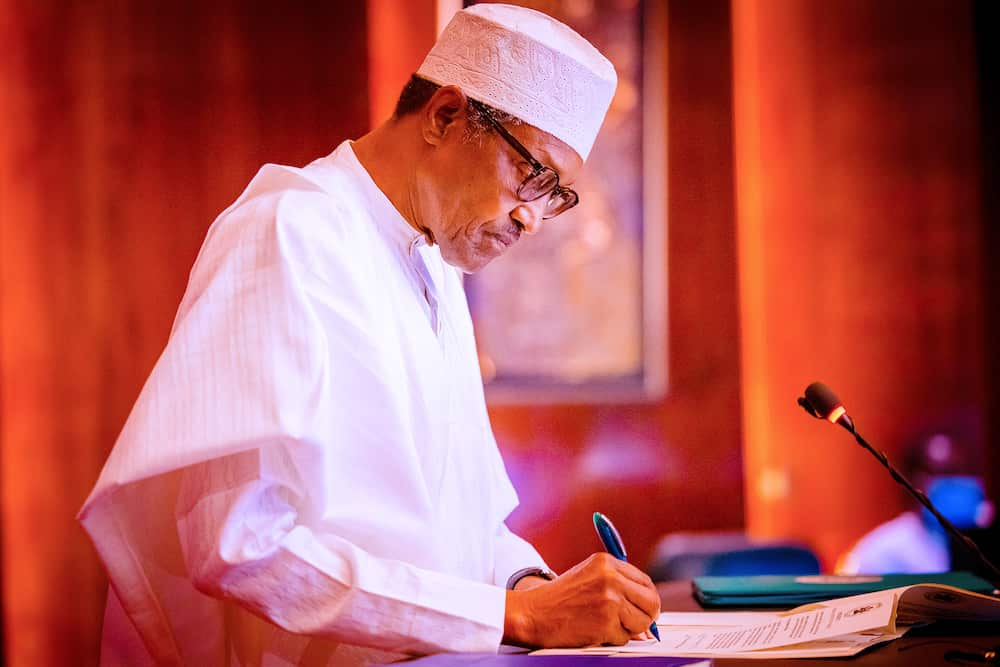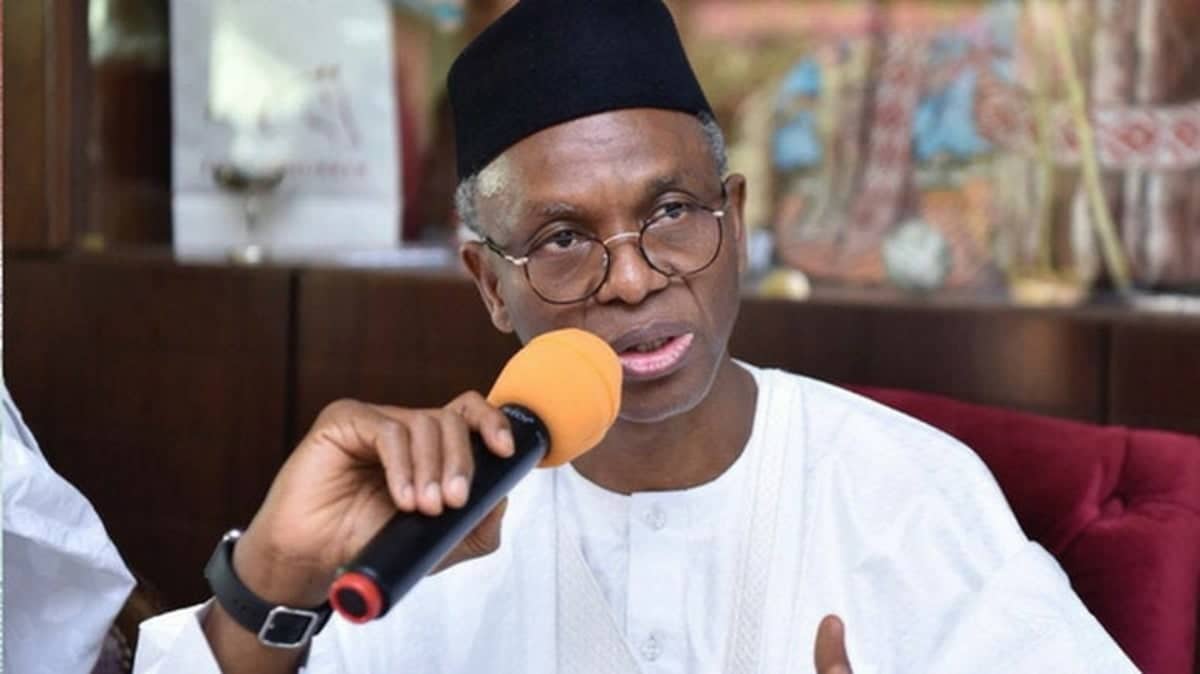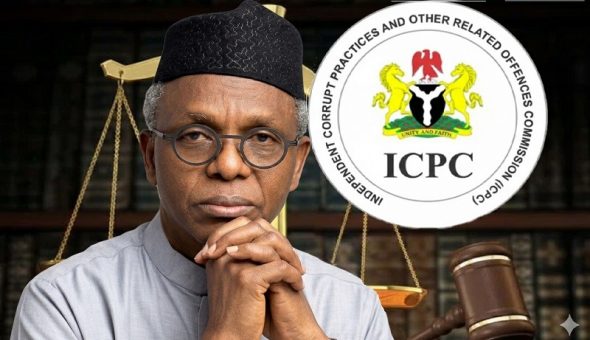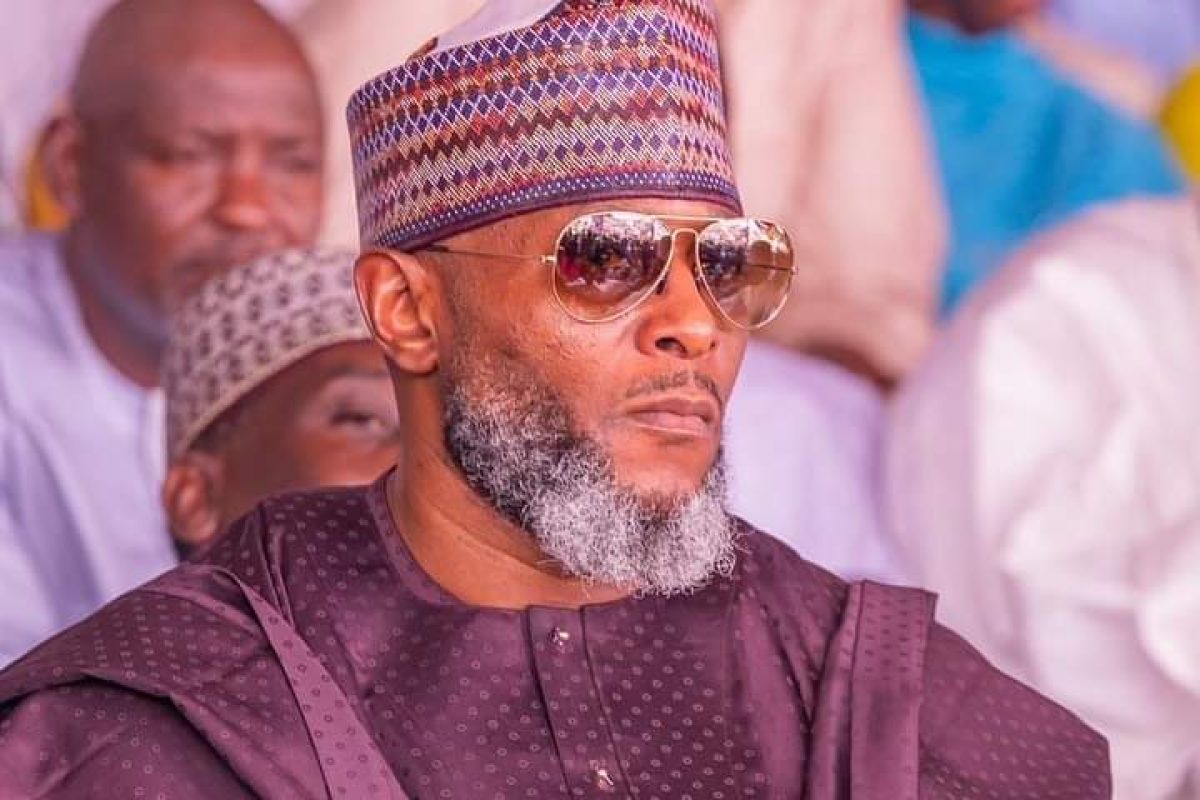SCORECARD: Key metrics show Buhari failed as Nigeria’s President
Today is President Muhammadu Buhari’s last full day in office as Nigeria’s president. First sworn in as a democratic president on 29 May 2015, he will hand over to his successor, Bola Tinubu, tomorrow.
During the 2015 election, Mr Buhari convinced Nigerians to do something they had never done before – turn power over to the opposition party at the national level. In return, Nigerians expected him and his party, the APC, to do something hard to do – sail their country across turbulent economic and political waters.
“My only desire is to prove to you that Nigeria can truly work,” Mr Buhari said on the morning of 6th January 2015. “Allow me to prove to you that in your lifetime, you can be proud of this country,” he added. Mr Buhari later promised to tackle corruption and insecurity and develop the economy which he said was in poor shape.
Monday, May 29 will mark eight years since Mr Buhari took power as Nigeria’s president, after defeating former President Goodluck Jonathan in 2015 and winning re-election in 2019.
His eight-year reign as president has seen the nation wriggle through numerous challenges, with inflation and unemployment at worse levels than he met them. Some Nigerians believe the Buhari administration has performed way below the bar it set for itself in seeking office. But, we examined data on some key indicators to see how Buhari performed in the last eight years.
Inflation
Before Mr Buhari took office in 2015, Nigeria’s inflation rates remained at single digits – even as analysts opined at the time that it was high. For instance, in the whole of 2014, the inflation rate moved between 7.7 per cent, which was the lowest, to the highest point of 8.5 per cent, official data shows.
By 2015, when Mr Buhari took over power, the inflation rate averaged 9 per cent.
Since then, the nation has seen a surge in inflation rates. Data released by the statistics bureau, NBS, shows that under Mr Buhari, Nigeria’s inflation rate hit a 16-year high amid an increase in prices and poor purchasing power.
In 2016, inflation rose to 15.68 per cent and jumped to 16.52 per cent in 2017. The numbers dropped to 12.09 per cent in 2018 and down to 11.40 per cent in 2019. By 2020, amid the COVID-19 pandemic, it had risen to 12.2 per cent and closed in 2021 at 16.95 per cent.
In 2022, NBS said the inflation rate climbed to 21.34 per cent. As food prices rose, Nigeria’s inflation rate hit 22.22 per cent in April this year.

Unemployment and poverty rate
When President Buhari took over power in the second quarter of 2015, Nigeria’s unemployment rate rose to 9.9 per cent in the third quarter of that year from 8.2 per cent in the second quarter, according to the NBS.
Since then, unemployment, poverty, and economic disempowerment have remained a disturbing feature of Nigerian life. Between May 2015 and May 2021, Nigeria’s unemployment rate more than tripled.
The current data on the NBS dashboard shows Nigeria’s unemployment rate is 33.3 per cent, translating to some 23.2 million people, the highest in at least 13 years and the second-highest rate in the world.
Similarly, the last poverty survey from the NBS showed that 63 per cent of the Nigerian population, or almost 133 million people, are multidimensionally poor. Prior to 2015, only 53 per cent of Nigerians were multidimensionally poor.
GDP
At no point in its 62-year history has Nigeria’s economy expanded slower than its population for a longer period than between 2015 and 2020, an indictment on Mr Buhari who has led the country in that time.
Data from the World Bank shows that Nigeria’s GDP per capita declined by 0.02 per cent, 4.16 per cent, and 1.78 per cent in 2015, 2016, and 2017, respectively. In 2018, 2019, and 2020, it declinedby 0.68 per cent, 0.38 per cent, and 4.57 per cent, a painful squeeze for Nigerians whose average incomes are about $2000, less than half the $5,000 of South Africans.
Nigeria’s annual GDP growth rate also declined from 6.22 in 2014 to 3.10 in 2022.
Also, between May 2015 and now, the Nigerian economy fell into recession twice. Under Mr Buhari’s stewardship, the economy fell into recession, first, in 2016 when the economy contracted by 2.06 per cent between April and June, and in 2020 when COVID-19 decimated economies all over the world.
 Naira to dollar
Naira to dollar
In November 2015, barely six months after Mr Buhari was inaugurated as president, the naira sold against the dollar at N197. Between then and now, the Nigerian currency has gone through ceaseless devaluation, with two such exercises occurring in 2020 alone.
This year, 2023, the currency had been trading in the range of N445 and N463 for a dollar on the relatively flexible spot market window but on the black market, used by most Nigerians and foreigners, dealers exchange the naira at N730 and above.
Debt
In the same vein, Nigeria’s debt profile has risen considerably since Mr Buhari took over power, as budgetary proposals have been designed around debts.
The Debt Management Office (DMO) said Nigeria’s debt profile stood at N12.12 trillion as of June 2015, shortly after Mr Buhari took office.
DMO data shows Nigeria’s total public debt as of 31 December 2022, was N41.6 trillion. The figures include the Debt Stock of the federal and state governments, as well as, the Federal Capital Territory.
PulseNets reported how the Buhari administration borrowed three times the combined amount by past governments since 1999.
The government has argued that it spent a lot of the money on infrastructure, mainly roads, bridges and railway, projects that are essential for development. However, the repayment of the loans has created a major challenge for the government with annual income barely enough to service the debts.

Human development
Also, between 2014 and 2019, Nigeria dropped nine places on the Global Human Development Index (HDI) published by the United Nations Development Programme (UNDP).
The country was ranked 152 out of 187 countries in 2014. But, in 2022, the index placed Nigeria 163 out of 191 countries worldwide.
The country scored low on all three basic dimensions of human development: a long and healthy life, knowledge, and a decent standard of living.
Corruption
The perception of corruption in Nigeria under Mr Buhari’s predecessor, Goodluck Jonathan, averaged 25.8 per cent. The score fluctuated between 24 and 27 per cent during the five years of Mr Jonathan. The lower the score, the more a country is perceived as corrupt by its residents.
Mr Buhari’s tenure as of 2022 averaged 25 per cent. Within the eight years since he assumed office, the country’s score has ranged between 24 and 28 per cent, according to Transparency International (TI).
Nigeria’s ranking on the global index has not been impressive. Between 2016 and 2020, Nigeria slipped in ranking by 18 positions, from 136 in 2016 to 154 in 2021. The rankings are from one to 180, with 180 indicating the country that has the worst perception of corruption.
Nigeria is among countries that “have serious corruption problems” and are at their “lowest level in the last decade.” The global average remains unchanged for the tenth year in a row, at just 43 out of a possible 100 points, and Nigeria’s points remain less than 30 despite multiple commitments.
 Out-of-school children
Out-of-school children
When Mr Buhari came into office in 2015, no fewer than 10.5 million Nigerian children were out of school, data from the United Nations International Children’s Fund shows.
The out-of-school situation has grown worse due to the degenerating security situation in the country.
As of September 2022, Nigeria had about 20 million out-of-school children, according to the latest global data on out-of-school children by the United Nations Educational, Scientific and Cultural Organisation (UNESCO).
Although the Nigerian government has questioned the UNESCO figure, many analysts said that insecurity in many parts of the country, particularly the North-west, contributed to the increase in the number of out-of-school children, with many schools shut in the affected parts of the country.
Ease of doing business
On the ease of doing business, Nigeria recorded tremendous improvement under Mr Buhari. Africa’s largest economy is currently ranked 131 out of 190 economies in the world on ease of doing business, according to the latest World Bank annual ratings.
The country was ranked 170 in 2015 before Mr Buhari came to power. The number dropped to 169 in 2016; 141 in 2017
The Ease of Doing Business ratings rank countries based on how the regulatory environment is conducive to business operation through simpler and friendly regulations for businesses, and stronger protections of property rights by governments, among other key variables.

Maternal Mortality Rate (MMR)
The World Health Organisation (WHO) reported that about 58,000 maternal deaths occurred in Nigeria in 2015 and that the MMR declined from 1350 deaths per 100,000 live births in 1990 to 814 deaths per 100,000 live births in 2015.
By 2022, the latest United Nations Children’s Fund (UNICEF) report titled “Situation of Women and Children in Nigeria,” states that the country recorded 576 maternal mortality per 100,000 live births.
Also Read: Buhari a failure in 8 years, history will judge him — Bode George
This means though the numbers are still high, maternal mortality is on the decline in Nigeria, including under Mr Buhari.
Maternal mortality is a major public health problem in Low- and Middle-Income Countries (LMIC) such as Nigeria and it is one of the strongest indicators of a country’s standard of living and maternity care.













